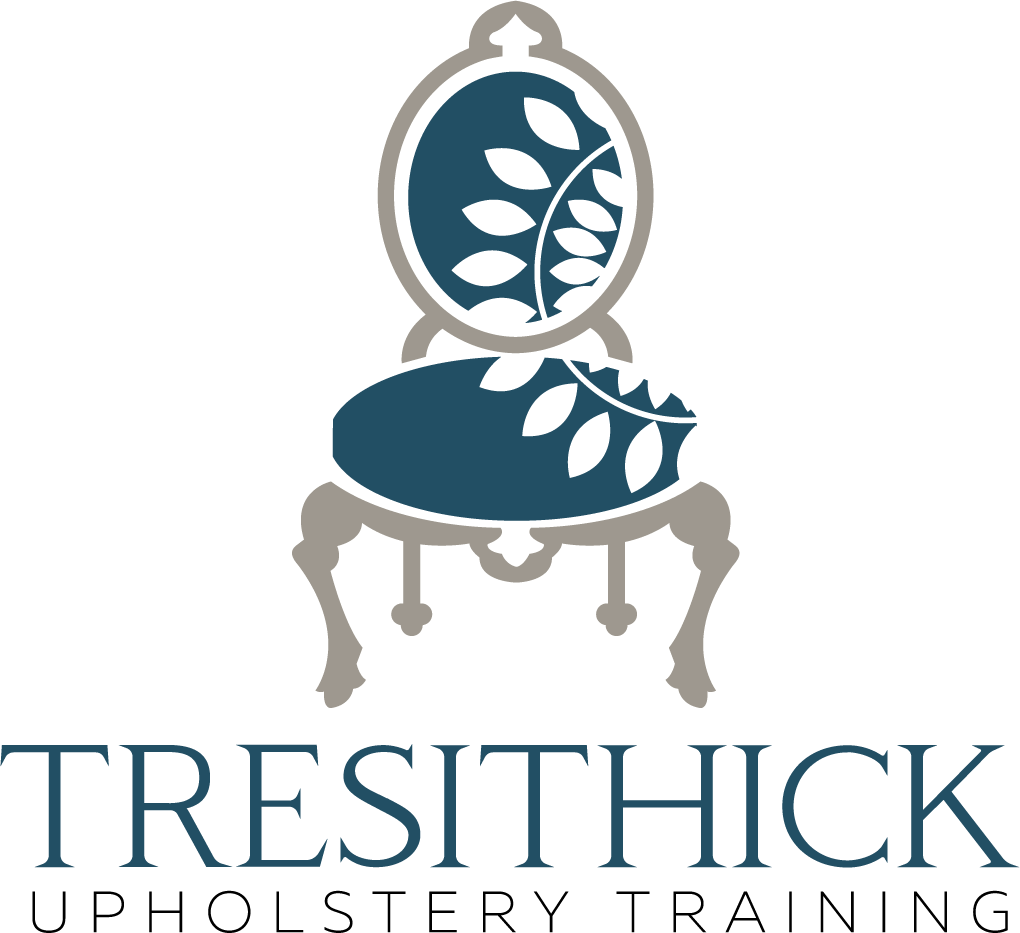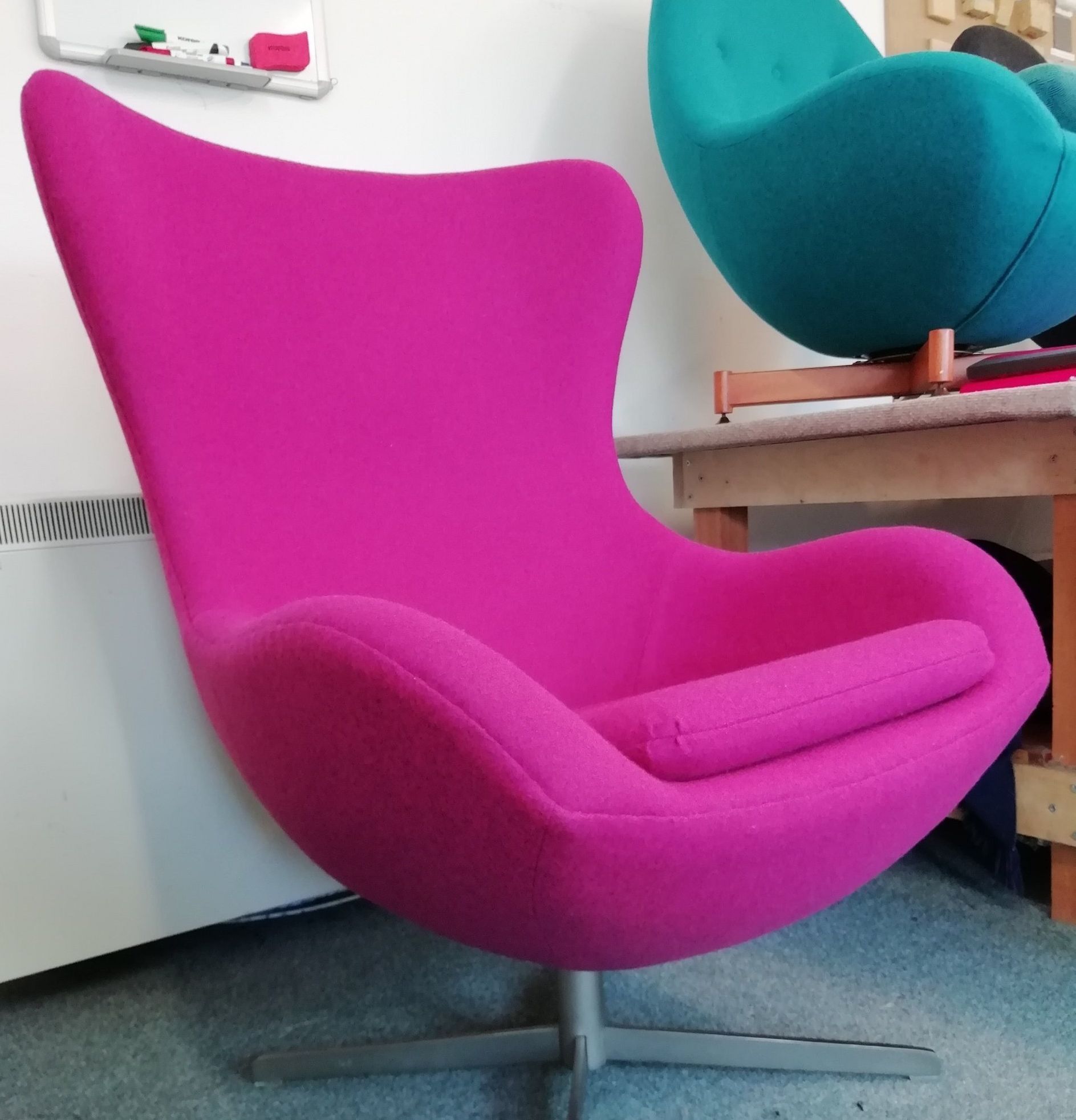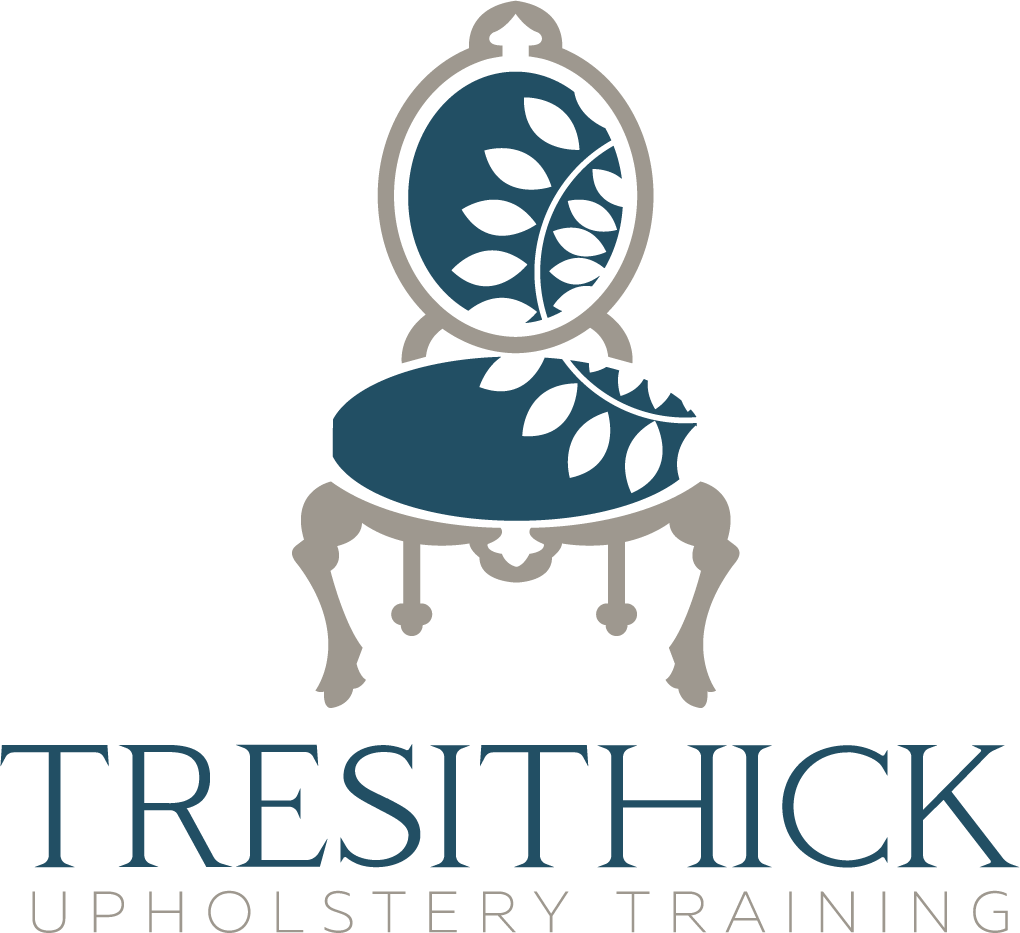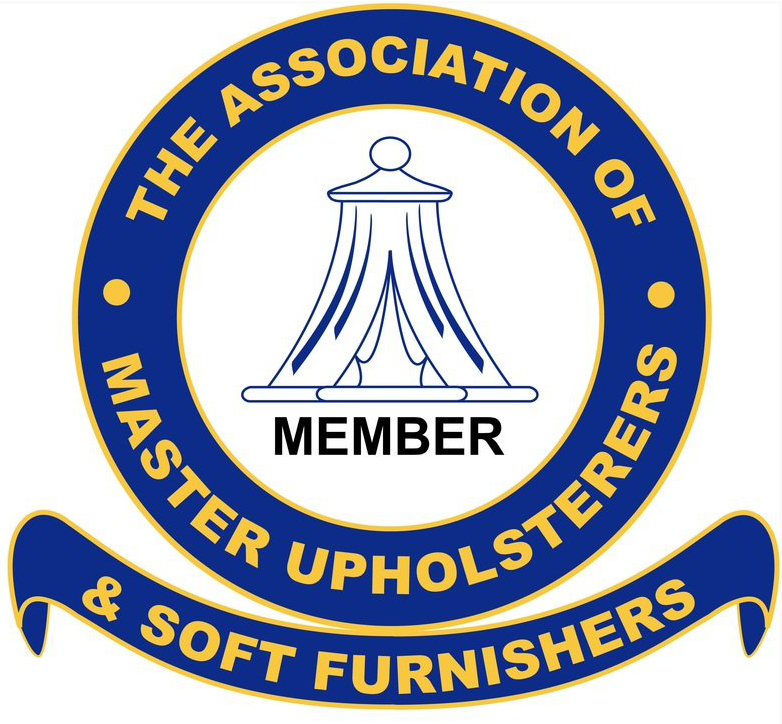Stage 3 - Diploma
The Diploma - Stage 3 furnishes the student with the necessary skills and knowledge with which to consider either entering the industry or starting their own business.
Stage 3 – Diploma
210 hrs of training is delivered in 6 x week-long blocks (mon-fri), 9am-5pm daily (which includes a total of 1 hr lunch/refreshment breaks)
This achieves 7 training hrs each day, 35 hrs per week.
The course is designed to be flexible so as to allow the student to complete the syllabus in (individually) achievable time periods and so your training can be spread over a number of months provided it is completed within the stipulated 12 months from commencement.
We are able to offer intensive courses (subject to availability) for overseas students to optimize time spent in the UK and reduce travel costs.
Course Cost.
Total course tuition fees total £2430:00.
An initial non-refundable deposit of £455:00 is taken on course enrolment. This includes an administration fee of £60:00.
The balance of course fees is invoiced in 5 equal instalments of £395:00 with the first instalment of £395:00 payable on the day you start your course. The remaining 4 instalments of £395:00 follow thereafter at 28 day intervals.
Payments can be made by UK cheque, or bank transfer.
Upholstery materials and sundries are not included in the above course fees as these costs vary according to the actual furniture item each student elects to work on. These materials are invoiced separately as per consumption recorded on a Materials Usage Sheet on completion of each individual syllabus item.
Please note that VAT is not payable.
An AMUSF registration fee of £72 (inclusive of VAT@20%) is payable separately direct to the AMUSF and must be made within 4 weeks of starting the course.
Where the course is programmed to complete within 4 calendar months of commencement, the instalments are adjusted to ensure full payment is made before the end of your course.
Stage 3 Syllabus
During this stage students will develop their practical skills, gaining knowledge and experience in the manipulation of a variety of materials and processes, within the context of a series of individual set projects.
Students will acquire an understanding of the history of upholstered furniture and the development of techniques and materials used.
Students should be encouraged to develop, where appropriate, their own creative responses to the assessment projects.
Stage 3 Diploma
- Substantial Traditional Armchair of advanced techniques, which should include at least two of the following elements: the fitting of caps and collars, scroll arms or stitched-up edges to arms, sprung arms, coil sprung seats, independent sprung edges, deep buttoning, fluting or an iron framed chair.
- Modern Chair with a concave inside back incorporating tailored fitting and top stitching
- i.e. Egg style (shell frame)
- Portfolio containing notes and details of work in progress
- Written Research Project – 20th Century Furniture Design – an overview of the styles, periods and iconic designers of the 20th Century.
Portfolio
Portfolio support work will also be required and the following notes provide a useful Aide Memoire for the suggested contents.
Before any stripping of the old upholstery is begun the furniture item must be photographed and, together with training objectives discussed with your tutor, entered into your portfolio to compile part of your evidence. It may sometimes be necessary to communicate an idea to a colleague or client through use of an image as opposed to text, one can often do this through use of existing images from magazines, books etc. However, sometimes due to time constraints, or design originality or detail, it may be more appropriate to produce a sketch or a scale drawing (accompanying colour swatches for example to explain the furniture to a customer).
The following skills are covered, and will be acquired directly through the experience of working on each piece of your furniture. Therefore, you must remember to reference them in your portfolio notes as evidence:
The students will receive workshop inductions, practical demonstrations and teaching in the use and application of core materials and techniques, both modern and traditional, including instruction on:
- Health & Safety: when working with tools and equipment in a workshop environment
- Understanding of Industrial and Domestic sewing machines
- Frame repair and polishing including fitting castors: costs and time required to undertake repairs
- Appropriate use of Fillings & Sundry Materials
- Types of springs and suspension systems: coil, serpentine, tension springs, sprung units, pocket springs, rubber & elastic webbings etc.
- Appropriate use of foams and rubberized hair sheets and various pre-formed profiles
- Appropriate use of techniques and processes including Knots, Blind, Top and Slip-Stitching
- Cutting, Pattern Matching and Finishing of Fabrics
- Tailoring, including the fitting of caps and collars
- Basic Design Skills: sketching, colour co-ordination and scale drawing
- An understanding of the UK’s Furniture & Furnishings (Fire)(Safety) Regulations 1988 relating to domestic furniture and furnishings
- Fabric Classifications – Martindale abrasion test
- Estimating & Costing Materials and Labour
- Working to a deadline including timing records
- Business Studies:
- Requirements of self-employment
- H&S whilst working from home or a workshop
- Legal & Safety requirements
- Terms & Conditions
- Insurances
- PR & Marketing including social media
- Resources
- Evaluation Methods
For each piece undertaken a detailed list of materials and costing should be made, along with a description of the process including references to the use of tools, handling of materials, and health and safety awareness. Pictures should be taken at every stage of the project to create a close photographic record of work involved from start to finish and this should be combined with a written descriptor of each step. Any evidence of machine sewing, pattern matching, colour coordination and finishing should also be included in the portfolio.
The 3 main elements to the course that form the majority of the awarding marks are as follows:
- Substantial Traditional Armchair
- Modern Chair with a concave inside back
- Mandatory project – 20th Century Furniture Design – an overview of the styles, periods and iconic designers of the 20th Century.
All elements must be completed in order to achieve the highest marks
UK-based students are required to provide their own furniture to meet the syllabus requirements. For overseas students, by arrangement, Tresithick Upholstery Training can provide the necessary furniture items on request.
The Diploma is awarded by the AMUSF on successful completion of the course. Students will be required to make available the substantial traditional armchair and the modern chair with concave inside back, and project for the verification by the External Verifier.












